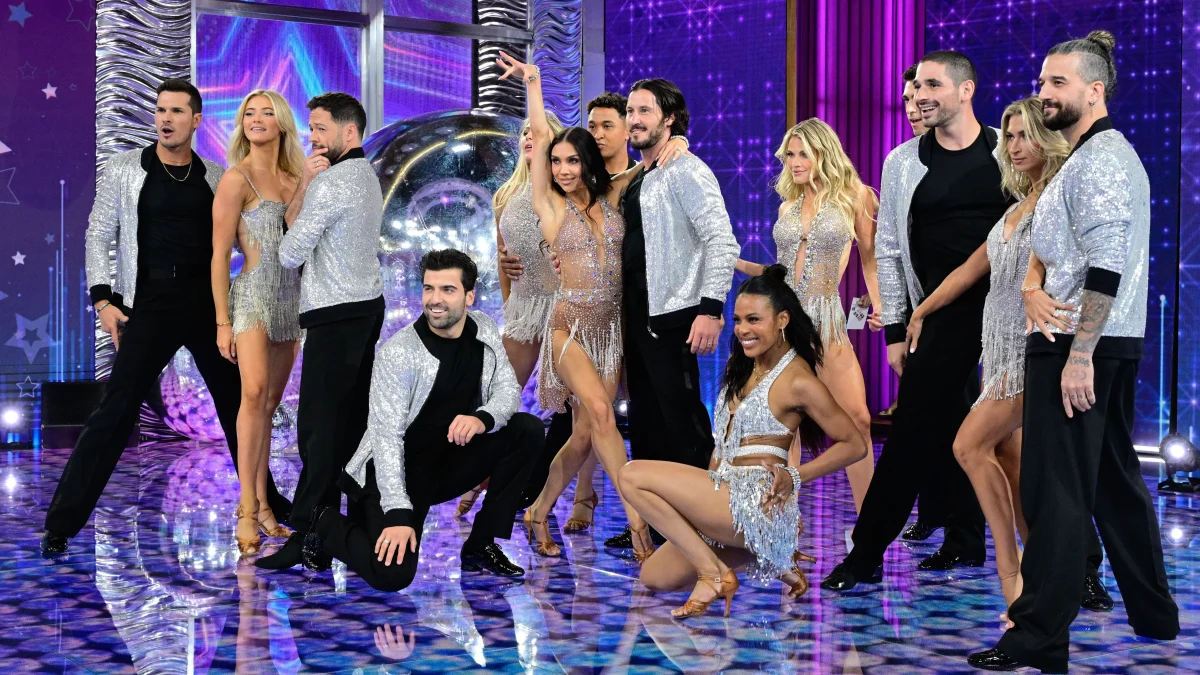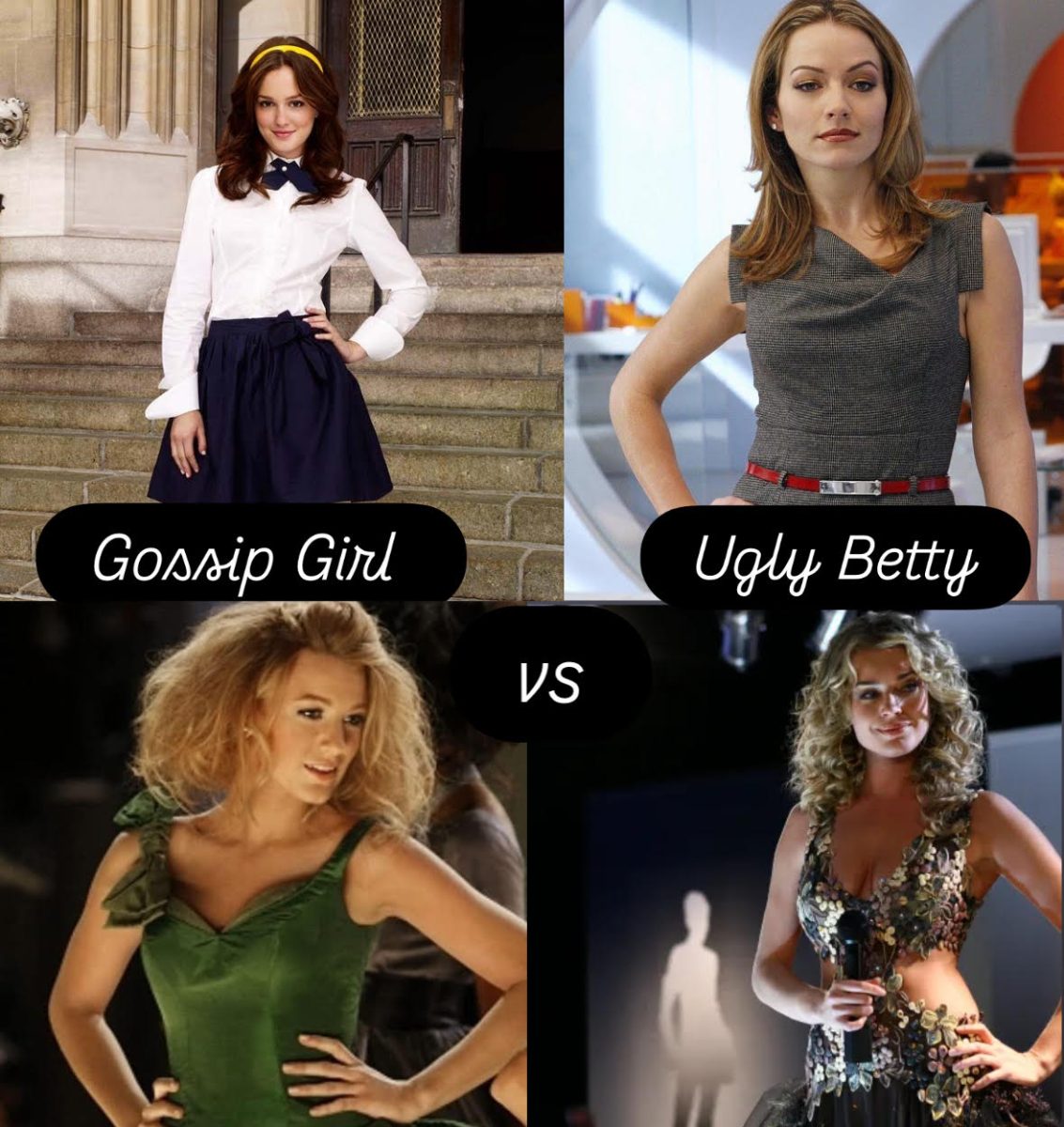Pretend it’s a Sunday night at 8 o’clock. You’re a high school student with an essay due at 12:00 a.m. You haven’t started.
Scary, I know.
Worse, you had all week to complete your assignment, but between your other homework, sports, and your job, you never found the right time to start. Now, this essay has a strict deadline, and under no circumstances will your teacher extend it.
Have faith! Recently, you’ve heard about some friends using Artificial Intelligence (AI) to get their work done with just the click of a button but you know if you get caught you get a zero.
So…do you use AI and get some rest, or do you slog through the essay until midnight and beyond?
The use of AI in schools recently has raised many ethical questions. Is using AI plagiarism? Is it fair for the students who don’t use AI to get the same grade as a student who did use it? Can AI be helpful? Questions like these—and many more—are currently challenging educators and students alike.
A recent survey from the Digital Education Council showed that approximately 86% of students admitted to using artificial intelligence in their studies. In recent years, some schools have resorted to regulations to prevent students from utilizing sites such as Chat GPT and even Grammarly. The Eagle’s Cry asked BHS’s students, teachers, and principals their thoughts on this new debate in education.
It is no secret BHS students tend to have more knowledge about emerging technology than their teachers. Certain Artificial Intelligence websites—ChatGPT, Grammarly, Deep AI, and others—allow students to access information with the click of a button, but also write papers with the same click. This is what separates AI from the Googling of the past. Journalism teacher Mr. Malossi described AI recently as “the Internet we all knew—but this time on steroids.”
So perhaps AI is so appealing to students because it requires so much less mental effort to get so much more information. But, do all students feel the same way about AI and its increasing usage?
The Eagle’s Cry interviewed a student from each grade in BHS about their opinions concerning the use of Artificial Intelligence in school.
The Eagle’s Cry: Do you think students should be allowed to use AI in school…and why or why not?
BHS Freshman Lily Pfeffer: Students should use it in a productive, positive way rather than just trying to get answers.
BHS Sophomore Sophia Marullo: Yes, but limited. It should only be used to gain a better understanding for topics and research—but not for actually doing the work.
BHS Junior Caitlynn Rivas: I think it should be used in school, but not to write anything—just to give ideas.
BHS Senior Ryan Tesler: It should be, because AI will become an increasing part of the nation’s workforce and students skilled in AI have the potential for increased job opportunities and growth with those skill sets.
The Eagle’s Cry: What are the benefits of Artificial Intelligence for students?
Lily Pfeffer: It helps you study by giving you sample questions and encourages you to research more about a topic.
Sophia Marullo: It gives you feedback on questions, or if you don’t understand a topic it can explain something to you very quickly.
Caitlynn Rivas: It can help you come up with ideas, help with homework and classwork and give us new perspectives on topics.
Ryan Tesler: Artificial intelligence allows for reduced human effort, making people’s lives easier.
The Eagle’s Cry: What are the disadvantages of Artificial Intelligence students?
Lily Pfeffer: It is very easy to plagiarize and cheat using these programs.
Sophia Marullo: If you use it too much, you can get caught for plagiarism.
Caitlynn Rivas: It can take away the learning process and lacks creativity.
Ryan Tesler: It decreases creativity by allowing users to utilize AI instead of creating new ideas themselves.
Overall the majority of students at Bethpage High School tend to believe that when used correctly, Artificial Intelligence can improve their learning—but using AI to cheat or plagiarize is unacceptable.
Next up, we have the opinions of some teachers at Bethpage High School about AI usage in school. For those who have been teaching a longer time, this problem was not around during the beginning of their careers. Now, though, it’s one of the most talked-about issues for schools.
The Eagle’s Cry interviewed teachers across the curriculum here at BHS about their opinions concerning the use of Artificial Intelligence in school.
The Eagle’s Cry: Have you seen a lot of AI use in school this year?
BHS English teacher Mr. Malossi: Yes way more than ever, and the worst part is kids are using it to write answers instead of thinking their way to answers.
BHS Social Studies teacher Mr. McCoy: Yes, I’ve seen more and more over the past couple of years.
BHS Math teacher Mrs. Koutsouras: I know students are using it for writing papers, in math, maybe not so much AI—but I know they use apps to answer some questions.
BHS Science teacher Mr. Portuese: No, because I don’t give a lot of writing assignments.
The Eagle’s Cry: Do you believe artificial intelligence is beneficial or harmful in schools? Why?
Mr. Malossi: It can be beneficial if used appropriately, but students are not using it appropriately. The reason we’re all in school is to learn how to think. When a student uses AI to write a paper, the machine is doing the thinking—and everything else—for them.
Mr. McCoy: It could be a little of both. For those who want a brief overview of something or to proofread an essay, it’s fine. However, many students use it to do their work.
Mrs. Koutsouras: I think there are benefits, but there needs to be guidance that comes with it because it is another tool to help students learn.
Mr. Portuese: Beneficial, because people need to get used to it since it is taking over the world, and we may as well be a part of it.
The Eagle’s Cry: What should the consequence be for students who use AI even when teachers make it clear that it is forbidden?
Mr. Malossi: Right now, no Bethpage district policy specifically addresses Artificial Intelligence per se. I mean, it technically falls under the “plagiarism” part of the academic code of conduct, but students seem confused, understandably. However, they know it’s wrong to use it in my classes. I make it clear to them it’s wrong and in my classes, using AI to write papers results in zeros.
Mr. McCoy: Personally I think it’s like cheating on a test therefore they should get a zero.
Mrs. Koutsouras: The same rules as plagiarism, the student gets a zero on the assignment.
Mr. Portuese: Whatever the teacher’s consequences are…for example, 50% off or a 0% on the assignment.
In general, teachers at Bethpage High School tend to feel similarly to students: AI can be beneficial when used correctly, but should not be used to completely do the work.
Finally, The Eagle’s Cry sought the opinions of administrators at BHS on the impact of artificial intelligence.
The Eagle’s Cry thanks Mr. Jantz, Bethpage High School’s principal, and Ms. Hirsch-Beckman, the school’s ninth/eleventh grade assistant principal, for their time.
The Eagle’s Cry: Have you run into problems with students using AI?
BHS Principal Mr. Jantz: Of course…I even ran into an issue with my own children using AI in seventh grade.
BHS AP Mrs. Hirsch-Beckman: Yes, I’ve run into students using AI, but it’s really about how do they use it effectively instead of using it as their own brains. I hope they’ll use AI more as brainstorming tools rather than for actual factual information.
The Eagle’s Cry: What were the consequences this year for using AI?
Mr. Jantz: The consequences are different on different levels: if you’re in a college course, the consequence is way more severe. Our biggest concern is that if you guys graduate here without a writing foundation, it’s not a good thing for your future.
The Eagle’s Cry: How do you personally feel about AI?
Mr. Jantz: I think it’s an amazing form of technology, and it is going to revolutionize the world more than we think and more than we even know. With that being said, I do think we still need to know the basics—in school and in life.
Mrs. Hirsch-Beckman: I think it’s a great tool that students need to be taught how to use effectively and when it’s appropriate and not appropriate. It’s our job as educators to teach students how to use it the right way.
AI proves to be less of an issue at the administrative level, since they are not the ones usually giving the assignment to students. But, our principals clearly understand the need to educate students on this growing technology.
The majority at Bethpage High School seems to feel the same about AI: it needs restrictions, but if used appropriately, it has its benefits. As a whole, our teachers and administration should teach students effective ways to use Artificial Intelligence and in response students should not abuse the privilege of using AI in the classroom.
What are your thoughts? Leave a comment.




















